Introduction
For the millions of U.S. military veterans living with chronic pain, PTSD, traumatic brain injuries, and anxiety, the promise of medical cannabis has been both a lifeline and a legal minefield. Despite the growing body of evidence supporting its use and the legalization of medical cannabis in 38 states and Washington, D.C., veterans under Department of Veterans Affairs (VA) care remain bound by outdated federal restrictions. The result? Veterans are too often denied access to non-narcotic, plant-based therapies that could transform their quality of life.
In this blog, we unpack the real-world impact of federal cannabis policy on veterans and explore the urgent reforms needed to bring relief, respect, and real options back to those who have served.
The Federal Blockade: Schedule I and the VA Wall
Cannabis remains classified as a Schedule I substance under the Controlled Substances Act, which places it in the same category as heroin and LSD. This classification asserts that cannabis has no accepted medical use and a high potential for abuse—despite decades of contrary evidence and widespread state-level legalization.
This scheduling prevents VA doctors from prescribing or even recommending cannabis—even in states where medical marijuana is fully legal. As a result, VA clinicians are bound by regulation, leaving veterans to navigate fragmented, non-VA care systems without coordinated support. Veterans are left paying out of pocket, often with no reimbursement, and no way to integrate their treatment into their VA medical records.
Veterans Pay the Price: The Human Toll of Restrictive Policy
Federal policy doesn’t just create legal obstacles—it creates suffering. Veterans experience disproportionately high rates of chronic pain, insomnia, and treatment-resistant PTSD. The medications traditionally offered through the VA—opioids, benzodiazepines, and antidepressants—carry risks of addiction, side effects, and reduced quality of life.
Medical cannabis, meanwhile, has shown potential in:
- Reducing opioid dependency
- Alleviating chronic inflammation and neuropathic pain
- Calming anxiety and PTSD symptoms
- Improving sleep quality
But without federal reform, veterans are left choosing between staying within VA care or pursuing cannabis treatment independently—with little guidance, support, or safety assurances.
Veterans Want Change
Numerous surveys and reports show overwhelming veteran support for medical cannabis access. According to the American Legion, 92% of veteran households support medical cannabis research, and 83% believe it should be federally legal for medicinal use. Yet, legislative change has lagged behind public opinion and scientific research.
The disconnect between what veterans need and what federal policy allows has created a system where:
- Veterans are penalized for participating in legal state programs
- Doctors are silenced from providing honest medical advice
- Promising therapies remain sidelined by bureaucracy
Recent Legislative Momentum: A Glimmer of Hope
In July 2025, the U.S. House passed an amendment to the VA’s fiscal 2026 budget, enabling VA doctors to recommend cannabis in states where it is legal. This policy, drawn from the Veterans Equal Access Act, is the most significant federal shift on the issue to date. If passed by the Senate, it would mark the first time VA doctors could engage in cannabis-related care without fear of disciplinary action.
This amendment also halts enforcement of Veterans Health Directive 1315, which forbade VA clinicians from assisting veterans in state medical marijuana programs.
What Still Needs to Change?
While the amendment is a meaningful step, it is not a full solution. True reform requires:
- Descheduling Cannabis: Removing cannabis from Schedule I would open the door for VA research, physician education, and federal patient access.
- National VA Guidelines: Veterans deserve consistent, science-based protocols that integrate cannabis into pain, PTSD, and palliative care strategies.
- Insurance and Reimbursement: Veterans using cannabis in legal states should not shoulder all the financial burden. Coverage for cannabis should be considered as an alternative to high-cost pharmaceuticals.
- Veteran-Centric Clinical Trials: We need federally funded, VA-administered trials to evaluate efficacy, dosage, and treatment outcomes specifically for veteran populations.
- Protecting Doctor-Patient Relationships: Physicians must be free to discuss all legal treatment options without jeopardizing their careers.
Why Mendry Supports DOs in Cannabis Care
Mendry exists to connect veterans with osteopathic physicians who understand the value of cannabis-inclusive care. DOs are particularly well-suited to lead in this space due to their training in whole-body medicine and preventive care. In states where cannabis is legal, DOs can offer a middle path: they honor science, respect veteran experience, and seek personalized, non-addictive solutions.
With the VA amendment enabling cannabis conversations, osteopathic doctors in the Mendry network are now better positioned to:
- Guide veterans through treatment options safely and legally
- Reduce reliance on narcotics and psychotropic drugs
- Advocate for broader inclusion of cannabis within VA protocols
The Role of Membership Platforms Like Mendry
Because the VA still does not coordinate cannabis care, veterans need a reliable, HIPAA-free, community-driven platform to find the right providers. Mendry offers this connection—free for veterans, and open to DOs who support cannabis as part of a veteran-focused care model.
Our work ensures that:
- Veterans don’t feel abandoned or alone
- Osteopathic doctors find patients who value their guidance
- The broader healthcare system sees veterans not as liabilities, but as pioneers of patient-driven reform
Final Thoughts: A Moral Imperative
When federal policy lags behind science and the lived experience of our veterans, it creates not just inconvenience but injustice. Denying safe, effective therapies to those who have risked their lives for our country is a failure of policy and principle.
Change is coming—but not fast enough. It’s time to correct the record, update the law, and build a system where medical cannabis is a respected option, not a last resort.
At Mendry, we stand with veterans who want choice, doctors who provide compassionate care, and policymakers brave enough to make evidence-based decisions.
Join the Movement
Visit Mendry.org to:
- Find cannabis-informed DOs near you
- Join our veteran membership program (free)
- Support reform through education, sponsorship, and storytelling
Let’s unlock healing—together.

